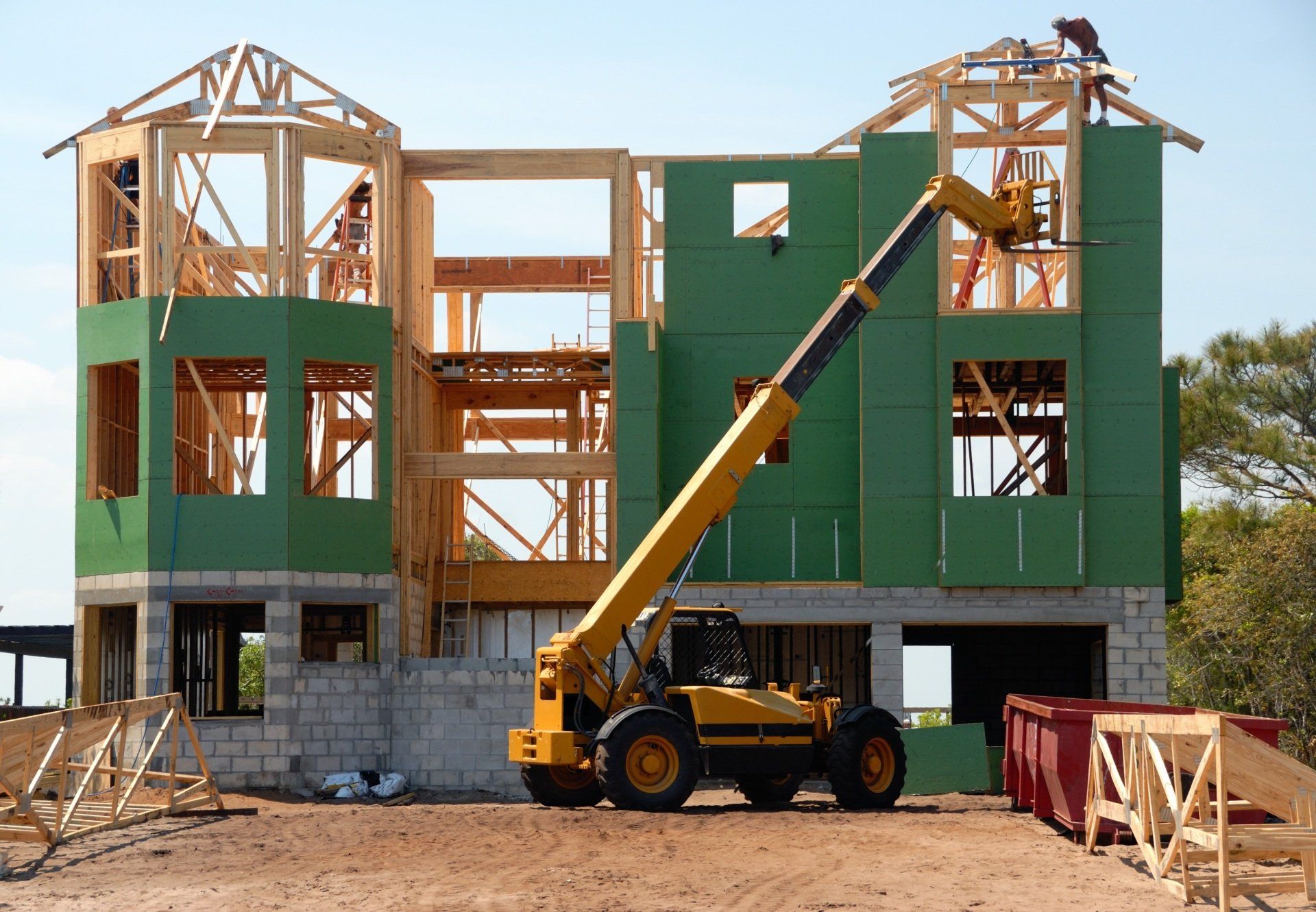Finding the Right Fixer-Upper: How to Identify Profitable Flipping Opportunities
Whether you’re a fan of reality tv shows or not, there is no shortage of real estate shows in this genre of television. From Fixer-Upper, Flip or Flop to the Emmy award-winning OG This Old House, you can take a lot of pointers from these pros who make it look easy. In the world of real estate investment, fixer-uppers present a unique opportunity for investors to purchase properties in need of renovation, make improvements, and sell them at a profit. However, not all fixer-uppers are created equal, and identifying profitable flipping opportunities requires a strategic approach. This article will guide you through the process of finding the right fixer-upper, ensuring that you make informed decisions and maximize your returns on investment.
Fixer-uppers are typically priced lower than move-in-ready homes, making them attractive to investors looking to increase their potential for profit. This type of property is a candidate for cash, so it’s important to have liquid funds available if you’re going to have a share in this market. Additionally, renovating a property allows
investors to customize it according to market demands, potentially fetching higher selling prices.
While fixer-uppers present lucrative opportunities, they also come with inherent risks. Some properties may have hidden structural issues or require extensive repairs, which could result in unexpected expenses and delays. Proper due diligence is crucial to mitigate these risks and ensure a successful investment.
One of the first steps in identifying profitable flipping opportunities is determining your budget. Consider the purchase price of the property, renovation costs, carrying expenses, and selling fees. Having a clear understanding of your financial limitations will help you focus on properties that align with your investment capabilities. It’s helpful to use a spreadsheet like this one to organize your renovation budget.
To succeed in the fixer-upper market, you need a competent team that includes real estate agents, contractors, architects, and inspectors. A reliable team will help you assess properties accurately, plan renovations efficiently, and execute the project with precision. “It takes a village,” they say and real estate investing is no exception.
Location plays a pivotal role in the profitability of a fixer-upper investment. Conduct thorough research on real estate market trends, property values, and future development plans in various neighborhoods. Look for areas that have shown steady appreciation and high demand for renovated properties. Though we all wish we had a crystal ball that told us of the next big thing in real estate, using a licensed real estate agent will be in your favor when selecting an investment property. They can provide more insight on up-and-coming neighborhoods and where you will get the most bang for your buck.
Investing in fixer-uppers in up-and-coming neighborhoods can be a smart strategy. Properties in these areas are often more affordable, and as the neighborhood improves, the value of your investment can significantly increase. Investing in fixer-uppers in up-and-coming neighborhoods can be a smart strategy. Properties in these areas are often more affordable, and as the neighborhood improves, the value of your investment can significantly increase.
Never underestimate the importance of a detailed property inspection. Hire a qualified inspector to assess the property's condition thoroughly. Identify any structural issues, code violations, or necessary repairs to estimate the renovation costs accurately.
Look for fixer-uppers with a layout and structure that allows for meaningful improvements. Avoid properties with severe structural flaws that might require extensive and costly changes. A property with good bones and the potential to be transformed into a desirable home is ideal.
Having a clear understanding of the renovation costs is critical for calculating your potential profit. Obtain detailed quotes from contractors and factor in additional expenses such as permits and design fees.
To determine the profitability of a fixer-upper, subtract the total acquisition and renovation costs from the estimated selling price. Be conservative in your estimations to account for any unexpected expenses that may arise during the renovation process.
Successful investors know the art of negotiation. Use the information gathered during your research and property inspection to negotiate a fair purchase price. Buying the property at the right price sets the foundation for a profitable investment. Flipping properties takes time, and holding costs can eat into your profit. Minimize the holding period by efficiently managing the renovation process and marketing the property effectively.
Identifying profitable flipping opportunities involves a combination of research, analysis, and sound decision-making. By understanding the fixer-upper market, assessing your budget and resources, targeting the right locations, and evaluating properties meticulously, you can increase your chances of a successful investment. Remember that each fixer-upper is unique, and staying informed and adaptable is key to maximizing your returns.

Bonnie is licensed in both Ohio and Kentucky, specializing in residential, commercial, estate sales, and investment portfolios. Bonnie won the Best Of Zillow award for her customer reviews and sales in 2020. She also won Rookie Of The Year and Top Earner award for Ken Perry Realty in 2020. She is a proud member of the Cincinnati Area Board of Realtors Arbitration and Grievance Committee.
Recent Posts
Let's Stay Connected
Follow us on and become part of the PREC community
Never miss a tweet by connecting with us on Twitter
Check our our posts about trends in real estate industry and market







